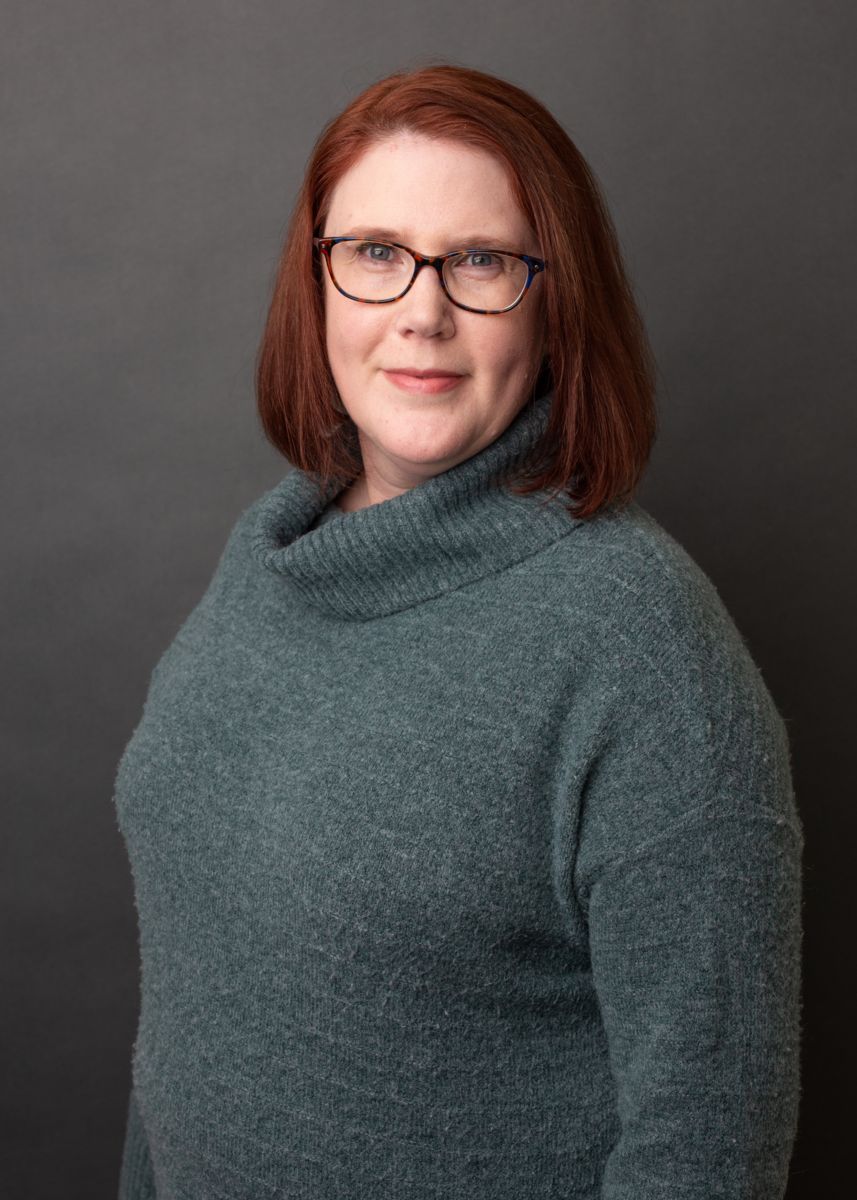News & Events
Dr. Rebecca Pope-Ruark '98 and combating burnout
Posted on Thursday, September 29, 2022

Dr. Rebecca Pope-Ruark '98, just released her second book, Unraveling Faculty Burnout: Pathways to Reckoning and Renewal. In this interview conducted for Westminster College, Dr. Pope-Ruark reflects on her time at Westminster, her accomplishments as a writer and her career in higher education.
Tell us about your life following graduation from Westminster College.
Since graduating from Westminster in 1998, I’ve earned two additional degrees, an MA in professional communication from Clemson University and a PhD in rhetoric and professional communication from Iowa State University. I’ve been a college instructor and professor for 17 years. I served for 12 years on the faculty of a private liberal arts university but now I am the Director of the Center for Teaching and Learning and Office of Faculty Professional Development at Georgia Tech. I’ve written two faculty development books, Agile Faculty: Practical Strategies for Managing Research, Service, and Teaching (University of Chicago 2017) and Unraveling Faculty Burnout: Pathways to Reckoning and Renewal (Johns Hopkins 2022). I also host a podcast for women in higher education called The Agile Academic.
What surprised you about life after Westminster?
Just how special and formative the relationships I built at Westminster would be to my life, and that you must nurture those relationships over time, stay in touch, reach out and laugh together. Staying in touch can be challenging and I’ve certainly failed at times, but the hard work is worth it.
What is your favorite Westminster memory or a fun fact about you as a Westminster student?
Many of my best memories are with my Sigma Kappa sorority sisters. I was very shy when I arrived at Westminster but joining Sigma Kappa helped me make lifelong friends and ultimately meet women across the country who share this connection.
A fun fact about me is that I was the co-editor of the Argo my senior year, and I was terrible. I could have been much more involved and more dedicated to the book. Luckily my co-editor was a rock star and pushed me to be better than I was at the time, which has been important to my understanding of myself as a writer. If she’s reading this, thank you!
What inspired you to become a writer, to continue your education, and to join academia?
My love of writing was solidified at Westminster. I was an English major with a business minor which really suited my interests and taught me that writing for different audiences requires different approaches. I remember writing a paper for Dr. Swerdlow and he told me it was graduate-level work, which really encouraged me to consider furthering my education. My honors thesis also taught me that I could do bigger writing projects and interesting research. Add in the business and organizational writing aspect, as well as a newfound love of sociology thanks to Dr. Park, and I found my niche.
I’ve always felt most comfortable in academia. It’s where my heart is, first with teaching undergraduates and now working with faculty on their professional development. I’m a writer and writing teacher, so I love working with faculty on writing projects, understanding and improving their writing process, and offering productivity strategies. I also work with faculty on leadership skills, mentoring excellence, and strategic planning for healthy and fulfilling careers.
How did you come to have an interest in writing about faculty burnout, and what will readers of your book, Unraveling Faculty Burnout, find most interesting or surprising? What do you hope readers will take away from the book?
I came to the topic for the new book because of my own experience with workplace burnout. I began to realize just how many academics are affected by burnout experiences and the often-accompanying anxiety and depression. We don’t talk about burnout in higher education but it’s something that needs to be brought out of the shadows.
When I started talking publicly about my experience as a faculty member with burnout, many academics with whom I spoke either had their own burnout experience or knew someone who did. It was interesting and distressing to discover that so many of us were experiencing burnout but not really talking about it. I hope that readers will be inspired to reflect on their own experiences with work and burnout and that we become more comfortable talking about burnout and its effect on our lives. You certainly don’t have to be in academia to know what burnout feels like or to have your own burnout experience. There are ways to treat burnout, from coaching and therapy to changing jobs, for example, but burnout will not go away unless we address it as a matter of workplace culture. I hope the book opens conversations about our relationship with work and how we change workplace culture to be more caring for the whole person.
More Stories



